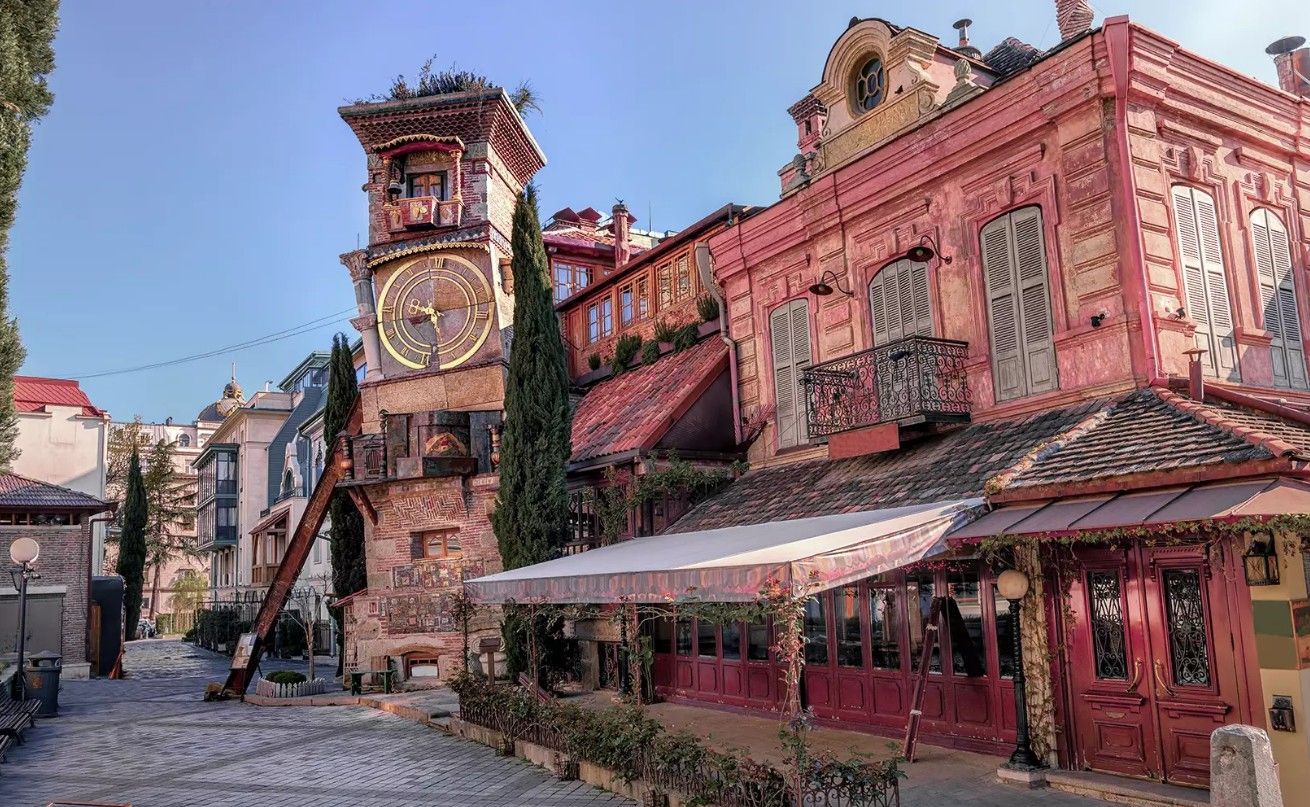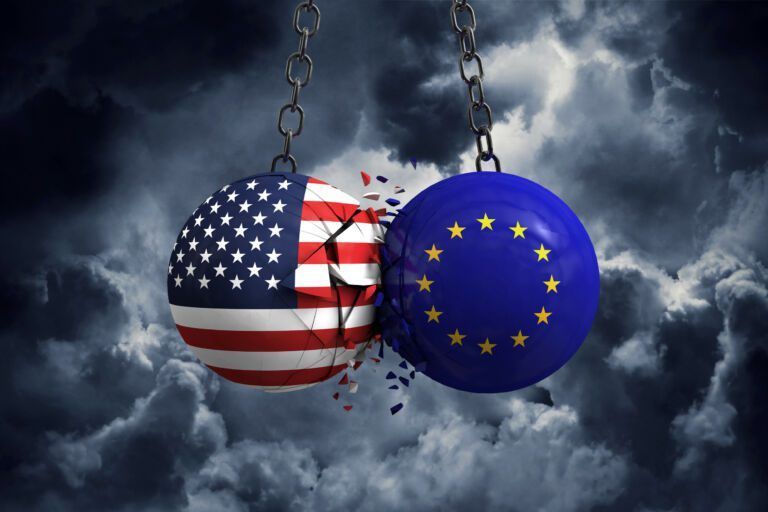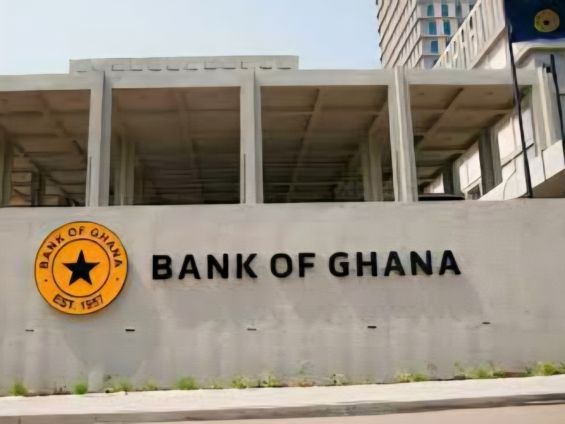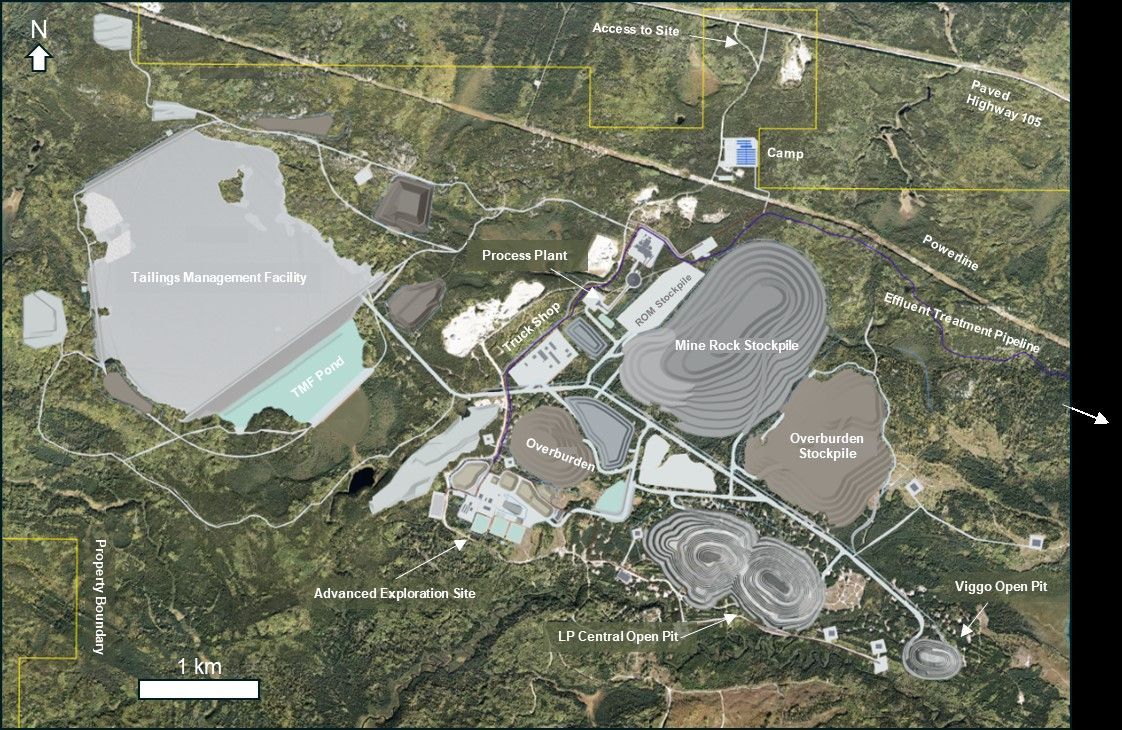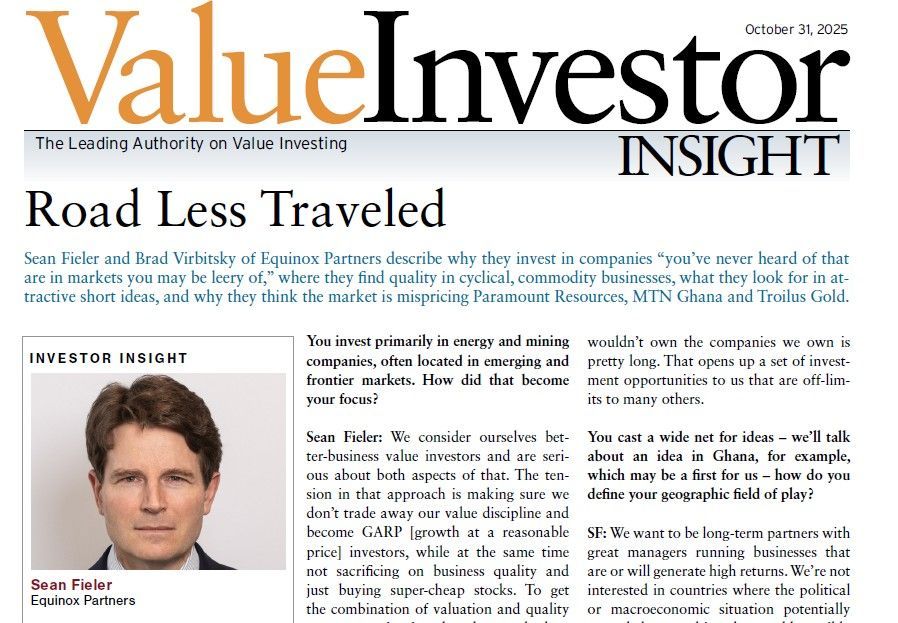Kuroto Fund, L.P. - Q2 2003 Letter
Dear Partners and Friends,
Performance
The outperformance of Kuroto Fund during the recent global rally might be surprising to some, especially considering the low-beta nature of our portfolio. While we are pleased with the fund’s recent performance, we are not particularly surprised by it. As has been the case for the past four years, our value seeking strategy has positioned Kuroto with significant exposure to the most undervalued markets in Asia, markets which we like to think of as unstable to the upside. Increasingly, our search for value has drawn us to India and Indonesia, and with the reduction of our Korean exposure earlier this spring, we’ve re-weighted our portfolio accordingly. Consequently Kuroto Fund’s geographic exposure is now much more balanced than it has been in years past. As a percentage of partners’ capital, our largest net country weightings are as follows: Korea 27%, Indonesia 23%, and India 17%.
Asia’s Great Businesses
“…the real money was to be made in the great businesses which earned very high returns on capital over a long, long period of time.” (Charlie Munger at the 2002 Wesco Annual Meeting)
Because of the high historic volatility of Asian stock markets, investing in the region is often viewed as a risky exercise in market timing. As a result, global investors appear to have remained generally unaware that there are many companies in Asia managed by capable individuals of integrity that enjoy awesome competitive “moats” and provide exceptional returns on capital over time. Most importantly, some of these businesses are trading at mid-single digit multiples to earnings. Kuroto’s portfolio is, in essence, a collection of these undervalued, vastly superior companies that generate some of the best sustained corporate performance in the world.
PT Unilever Indonesia: An Example
In our opinion, the debt adjusted return on shareholders’ equity (ROE) constitutes one of the most important measures of business quality. The amount of profit generated per unit of the owners’ capital invested in a business year after year demonstrates the productivity of that equity capital. Unilever Indonesia has consistently produced one of the highest returns on shareholders’ equity of any company in the world, and most impressively did so throughout the Asian Crisis.
Unilever Indonesia’s ROEs:
2002 2001 2000 1999 1998 1997
48.4% 51.3% 57.0% 58.6% 41.2% 43.9%
To explain the persistence of Unilever Indonesia’s high ROEs, we will have to delve into the history and operations of this extraordinary business. Unilever Indonesia, established in 1933, became a public company in 1981. During the dark days of the Asia Crisis, while most multinationals were sharply reducing their investment in Indonesia, Unilever was expanding their distribution network and acquiring new product lines, sage decisions which continue to bear fruit. Unilever now has a presence at over 700,000 outlets nationwide, and almost 70% of Indonesia’s population has local access to Unilever products. Still not satisfied with their depth of market penetration in remote areas, the company is making creative use of the local infrastructure, selling their products through Islamic boarding schools as well as local small cart distributors. The company estimates that an amazing 72% of this year’s sales will come from non-modern stores, i.e. traditional large markets and tiny stalls. This remarkable distribution capability has greatly enhanced Unilever Indonesia’s strong brands as is evidenced by the company’s superior profit margins.
The company’s product lines, which cover personal care (Lux soap, Sunsilk shampoo), home care (Rinso detergent) and packaged foods (Bango soy sauce) remain as strong as ever. The strength of Unilever’s distribution system, long-standing presence in Indonesia, and sizable marketing budget (approximately 17.8% of sales) has over time formed an exceptionally durable shield for the company’s brands. Moreover, Unilever Indonesia’s portfolio of brands is particularly well suited to Indonesia: it should be noted that Unilever NV has pioneered techniques for marketing to poor populations using very small product packaging to be distributed to both urban and rural customers.
While their strong competitive position is by itself enough to ensure superior financial returns on capital employed, Unilever’s expert financial management reaches beyond margins. Specifically, management makes very efficient employment of the company’s key operating assets. For example, they turn their inventory and accounts receivable an incredible twenty times a year, and because of their strong position vis-à-vis their suppliers, their current liabilities more than fund their working capital thereby minimizing the company’s required equity investment in the business.
An added benefit of Unilever Indonesia’s exceptional free cash flow and high ROE is that they allow the company to pay out over 70% of income as dividends. Despite this dividend largesse, Unilever Indonesia’s high return on the retained earnings provides ample capital to fund the annual mid-teens growth of the business. Unlike consumer branded product companies in the developed world, Unilever Indonesia is at an early stage of its growth. As Indonesians’ disposable incomes grow, this Unilever subsidiary should enjoy significant growth in demand for its basic necessity products, particularly in the personal care market where the levels of penetration remain low and usage frequency modest. For example, among those Indonesians using shampoo, the average weekly frequency of shampoo usage is only 3.9 times. Better still, every year an estimated 6% to 7% of the toothpaste consuming population chooses to switch from brushing their teeth once to twice daily. Indonesia’s per capita use of some of Unilever’s key products even lags far behind other similarly poor developing nations.
Annual Per Capita Consumption:
Soap (grams) Detergent (kilograms) Toothpaste (grams)
Indonesia 369 2.0 203
India 460 2.8 84
Thailand 502 2.0 365
Malaysia 1,000 3.7 460
USA 1,000 10.0 371
Strong organic growth will not be the only source of profitable expansion for Unilever Indonesia. Over the years, the company has acquired local businesses to supplement the growth of their existing product lines. Unilever Indonesia leverages their ownership of these new products by channeling them through their powerful distribution system, thereby generating a rapid payback on their investment. Additionally, Unilever NV has designated their Indonesian subsidiary as a manufacturing hub for some products to be exported to other Asian countries. At this time, export sales are only five percent of sales for Unilever Indonesia, but this segment of their business should grow rapidly.
World class businesses like this one are rare, and the chance to buy them at large discounts to intrinsic value is virtually unheard of. Kuroto has an entire portfolio of such companies, many at a valuation level considerably lower than that of Unilever Indonesia.
Sincerely,
Sean Fieler
William W. Strong

